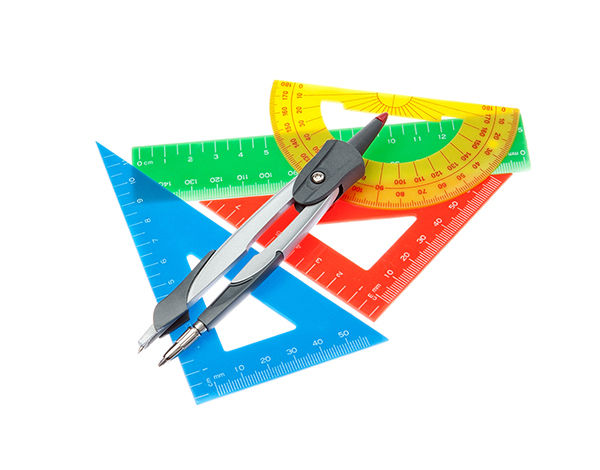What the Floss???

We listen to 102.7 The Peak all day at the office, and I happen to be good buds with a couple of the on air personalities. They like to ask questions to their listeners, and there I was, literally in the middle of performing a gum examination on someone before doing a cleaning, when Casey-Jo started talking about little harmless lies that people tell. Her little lie was that she lies to her dentist about how much she flosses.
So.....one of her listeners messaged back and told her about an article that explains that maybe flossing isn't that important.....
Let us talk about flossing.

First of all let's go over this article. This is the second article that has come out in the New York Times by someone with absolutely no formal education in dentistry talking about how dental treatments are unnecessary. The first article was about dental x-rays, and it was totally bunk.
This one here on flossing also demonstrates how information can be very misleading.
Basically, the writer is saying that you do not need to floss because the evidence is not that strong.
Let me tell you, as a dentist who does gum examinations and cleanings myself (most dentists pass these tasks off to dental hygienists nowadays), I can absolutely tell when someone is not flossing.

When someone doesn't not floss, and please put your lunch down before reading this next bit, I can fish the nastiest crap out of between peoples teeth. For example, I can be like, "hey bud, when did you last have mango?"....."um last week?".....so that stuff has just been sitting there impacted between the teeth forever, getting all funky and gross.
Sick.
Ok, so that may be more for someone who doesn't floss. But for people who floss irregularly, it can still be clear that they aren't, when we do a gum examination. Part of a thorough evaluation is to jab the gums a bunch of times with a blunt metal instrument......super scientific!!!! But as crude of a test it is, if the gums are healthy, they actually don't bleed, and the gums are not swollen. When people have not been brushing or flossing properly, the bacteria on the plaque that collects on the teeth irritate the gums, causing them to swell and to be easily damaged. That's why gums bleed easily in people that do not floss.....the gums have a chronic level of infection (gingivitis). When this progresses further, the underlying bone gets injured too and shrinks away from the plaque (periodontitis).
So when someone has bleeding points and swollen gums between the teeth, but nowhere else, it is a clear indicator that that person brushes, but is not flossing well.
What about the research?
Really it comes down to ethics.

The best kind of study is a "randomized control study", where we get a random sampling of the general population, and split them up in groups, also randomly. Then one group gets an intervention, and the other doesn't.
Where ethics comes in is when we ask, can we really deny a group a treatment that is helpful for the sake of science? For flossing, ok it may not be the most important thing in the world, but there has been a long history of unethical research where people were denied important treatments. Ever heard of Tuskegee?
To get around this, researchers perform "retrospective" studies, where they look at a group of people who already self admittedly are poor flossers, and then compare them to those who floss well, again self admittedly. The problem with this is that there can be multiple uncontrolled variables, so "causation" is hard to prove. These studies allow for the inference of a "correlation".

Another challenge is in how gum inflammation is actually measured. The measuring tool (blunt probe) is not the most precise instrument, meaning that the readings can be highly variable. I don't really care too much whether a pocket is a "2 mm" or "3 mm". I do care when pockets are bigger than that. We are therefore talking large increments....so a study that says that there was a 0.25 mm improvement....well that may not be very clinically relevant.
For flossing in particular, it is pretty obvious that it is only going to make an impact on the health of the gums in between the teeth, but brushing affects almost all surfaces of the teeth. Gum inflammation studies look at the health of the gums all the way around the teeth, so flossing really can only make a small impact because it only cleans a small area.
But it does not mean that it does not help.
Realistically, the studies would have to compare the inflammation of the gums in between the teeth only, to really measure the impact of flossing in the area it is intended to work on, which very few articles do.
What is the take home?

Well, it is up to you obviously. If you are not motivated enough to remove the smelly, disgusting food debris that is wedged in between your teeth, which is away from the reach of your toothbrush and mouthwash, because some guy in the New York Times said that it may not be that important.....go for it!
You should know, however,.......gum disease is one of the few health conditions that is actually on the rise in Canada.
Thanks for reading!
Dr. Dave




























